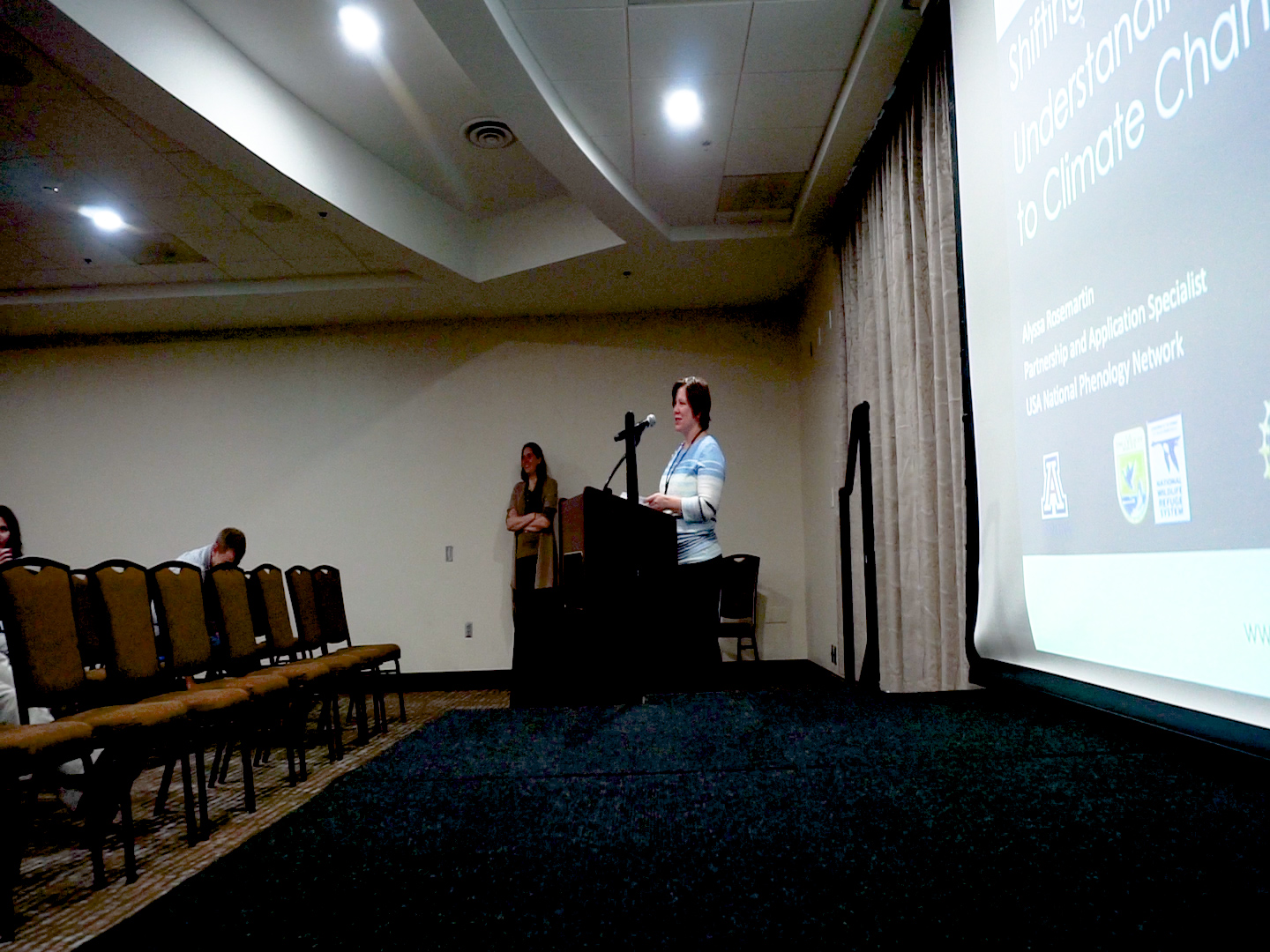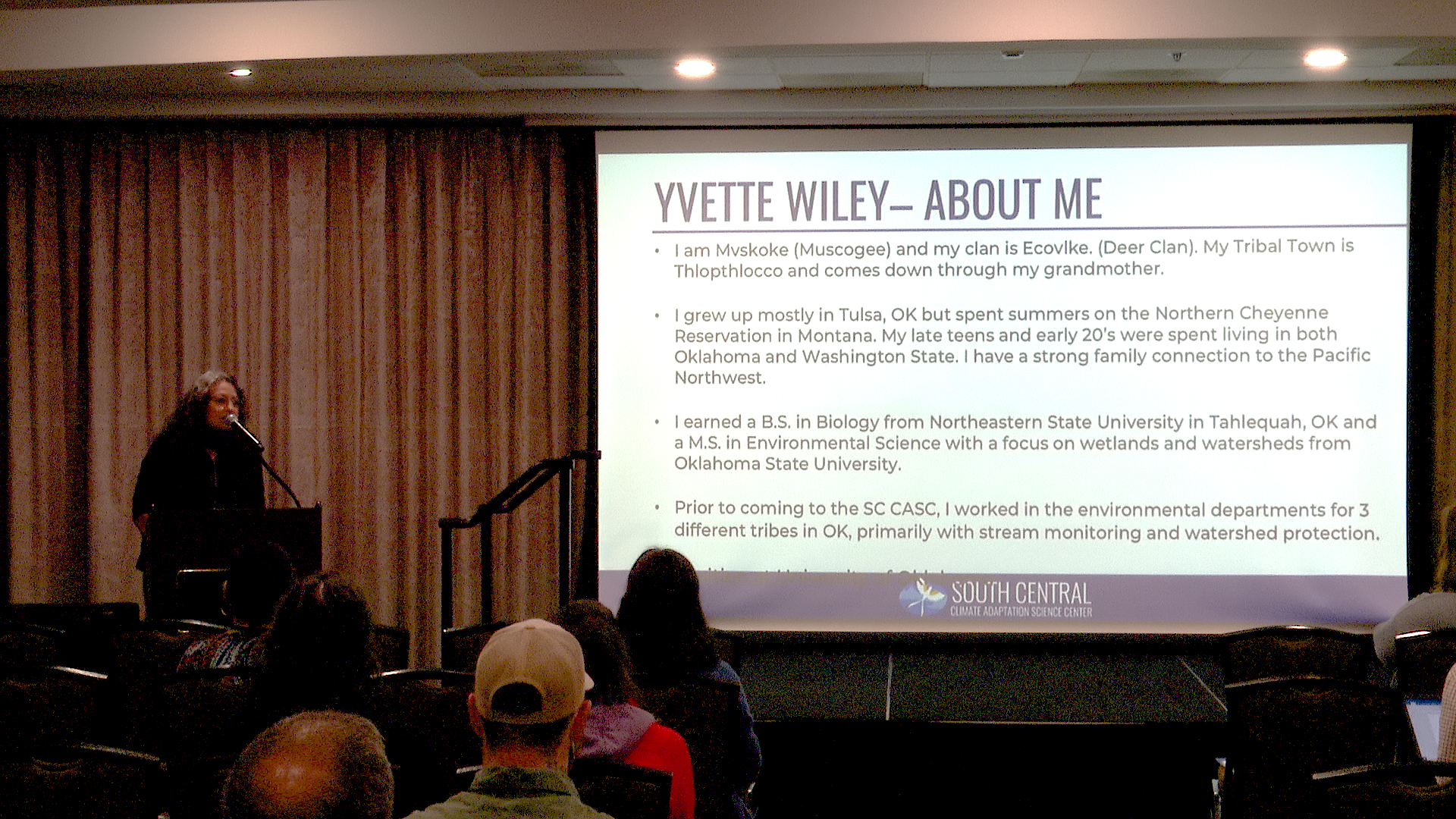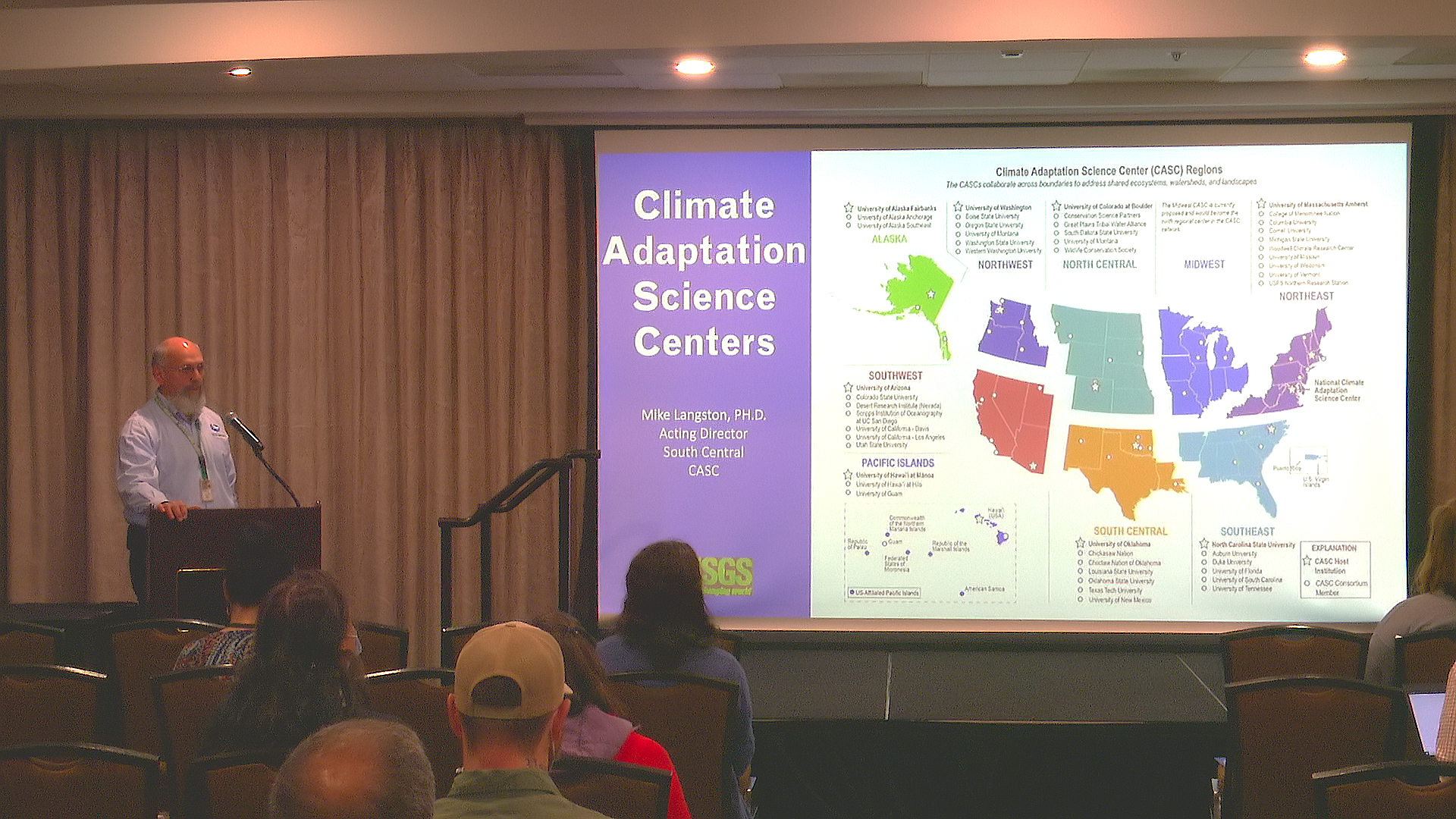Research Symposium: Culturally Significant Plants and Climate Change
The Chickasaw Nation hosted this research symposium on March 22-24, 2022, held at the Chickasaw Retreat and Conference Center in Sulphur, OK.
After the Climate Workshop for The Chickasaw Nation in 2019, the tribal managers discussed the need to include culture in conservation efforts and we decided to go after a grant for culturally significant plants. This event was organized and led by the Chickasaw Nation and was funded by the U.S. Geological Survey through the South Central Climate Adaptation Science Center.
There were 106 attendees with 75 being Native representing 21 different tribes as well as 11 student attendees. The attendees came from all across the United States including Maine, New York, Michigan, Montana, California, Alabama, and North Carolina. One of the speakers even presented via livestream from Hawaii.
The event brought tribes and researchers together on equal levels to learn about what they are doing related to plants and climate change and discuss collaboration opportunities. Below are the recorded speaker sessions and other resources provided for all to learn from this fantastic symposium.
The agenda for the events is available for download.
All videos below are listed in order of appearance. The full playlist from the event is available on YouTube.
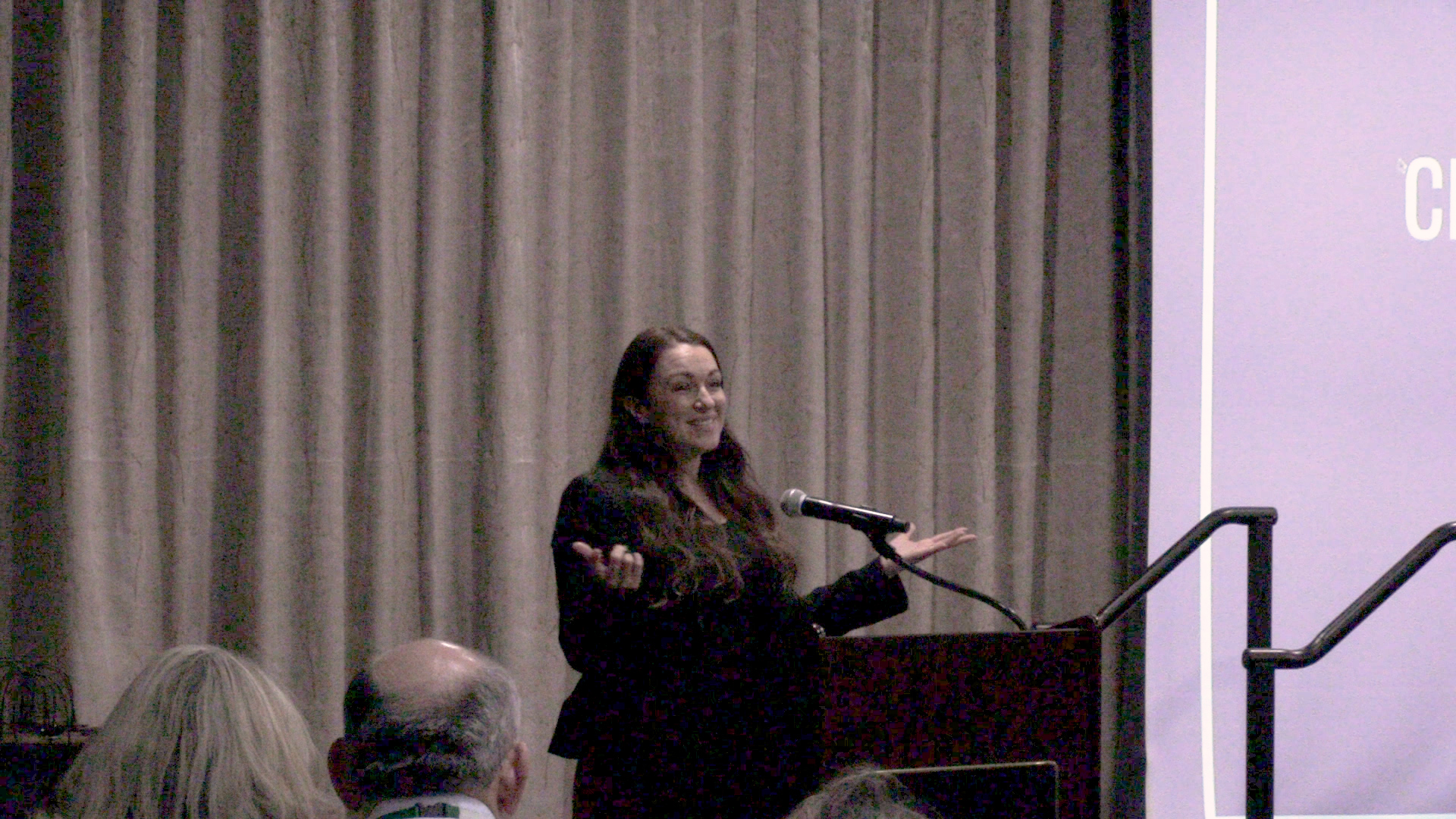
Welcome – Kara Berst, Undersecretary of Outreach and Services of The Chickasaw Nation Department of Commerce
Introduction to the Climate Adaptation Science Centers (CASCs) and Overview of the South Central CASC Tribal Engagement Program – Dr. Mike Langston, Acting USGS Director of the South Central Climate Adaptation Science Center, and April Taylor and Yvette Wiley, Tribal Liaisons
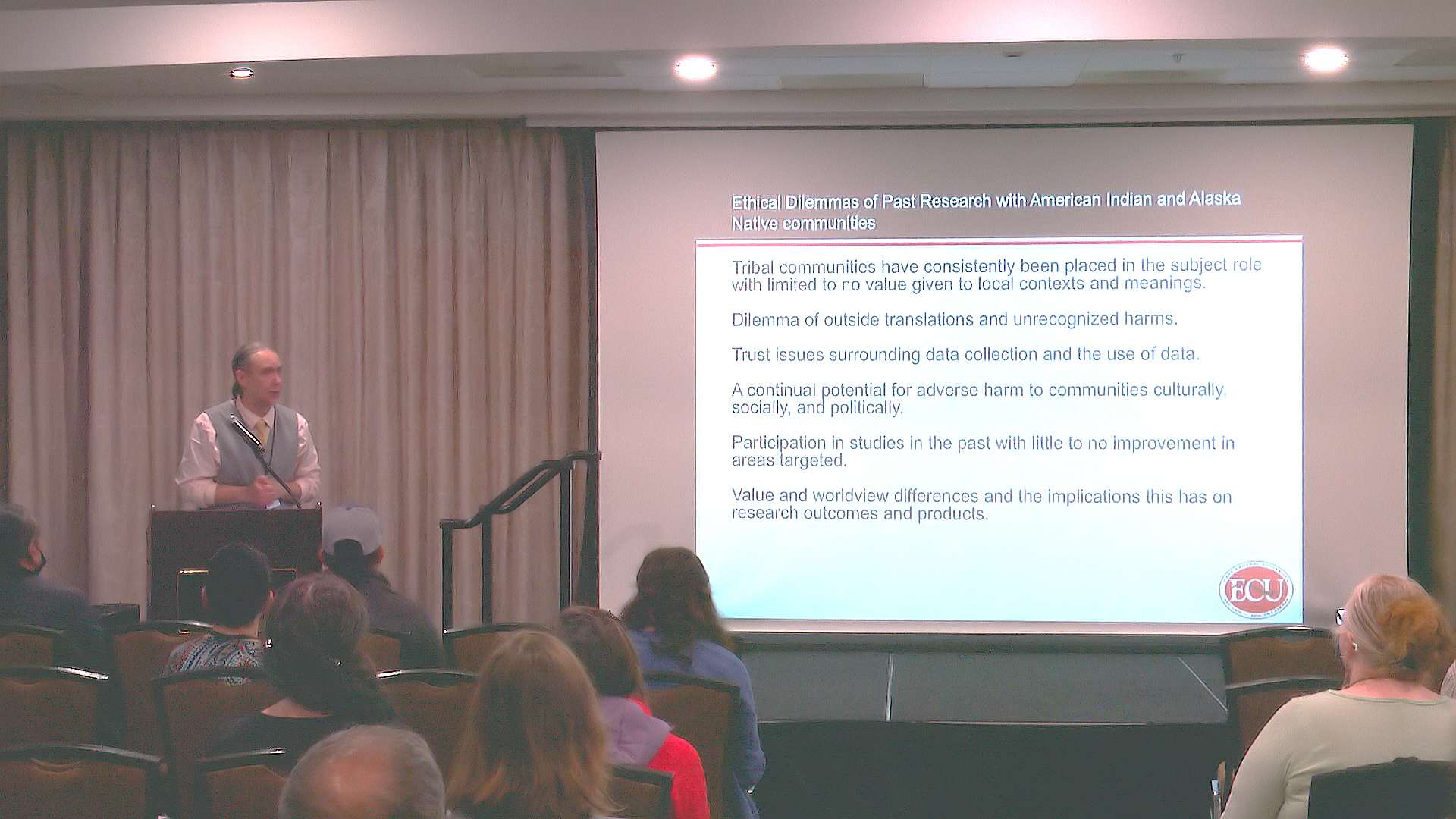
Data Sovereignty and Ethical Considerations in TEK [Tribal Ecological Knowledge] Research based upon Indigenous Researcher Perspectives – Dr. T. Scott Ketchum, Assistant Professor and Chickasaw Nation Endowed Chair in Native American Studies at East Central University of Oklahoma. Tribal Affiliation: Choctaw
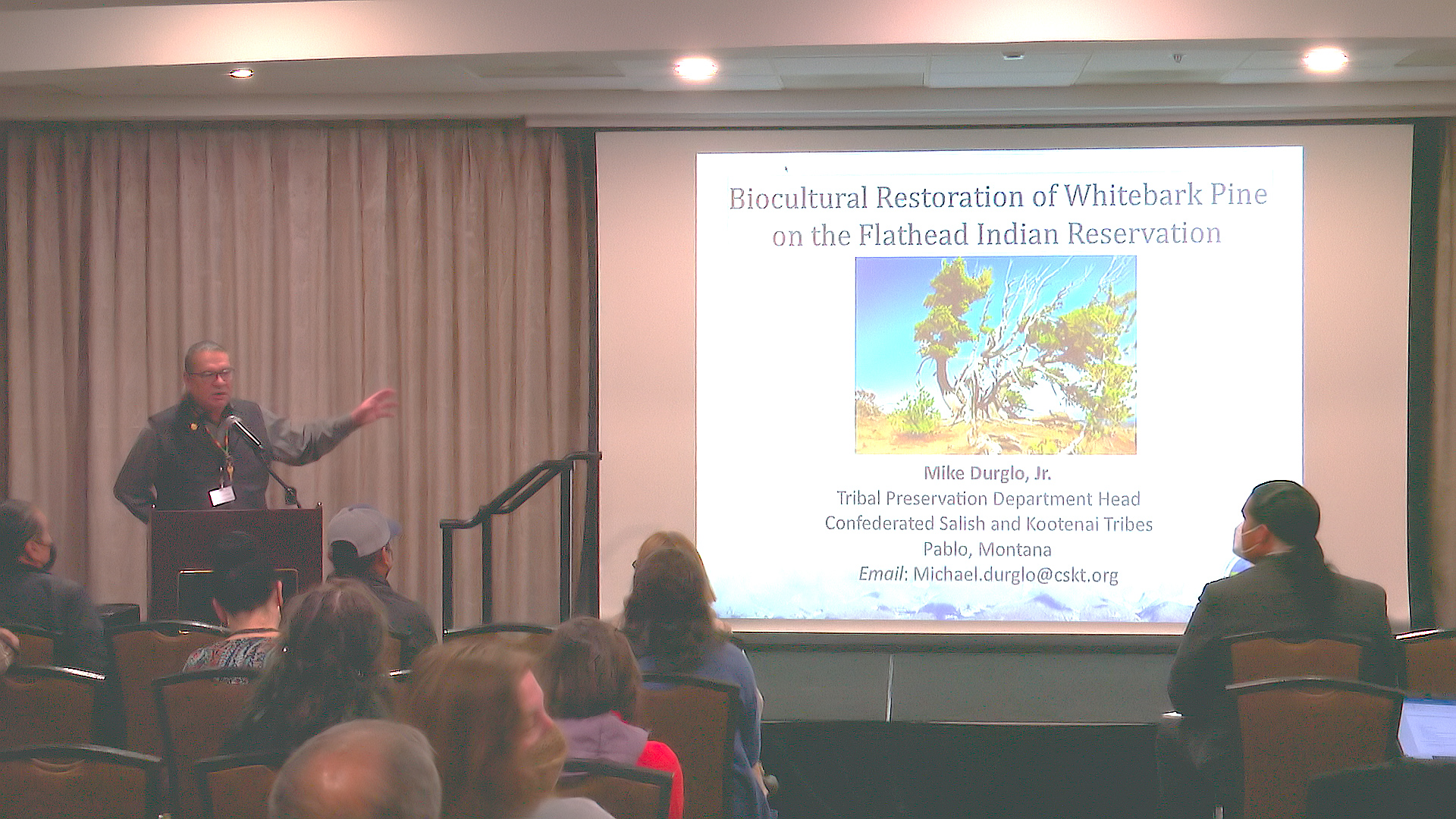
Biocultural Restoration of White Bark Pine on the Flathead Reservation – Michael Durglo, Confederated Salish and Kootenai Tribes.
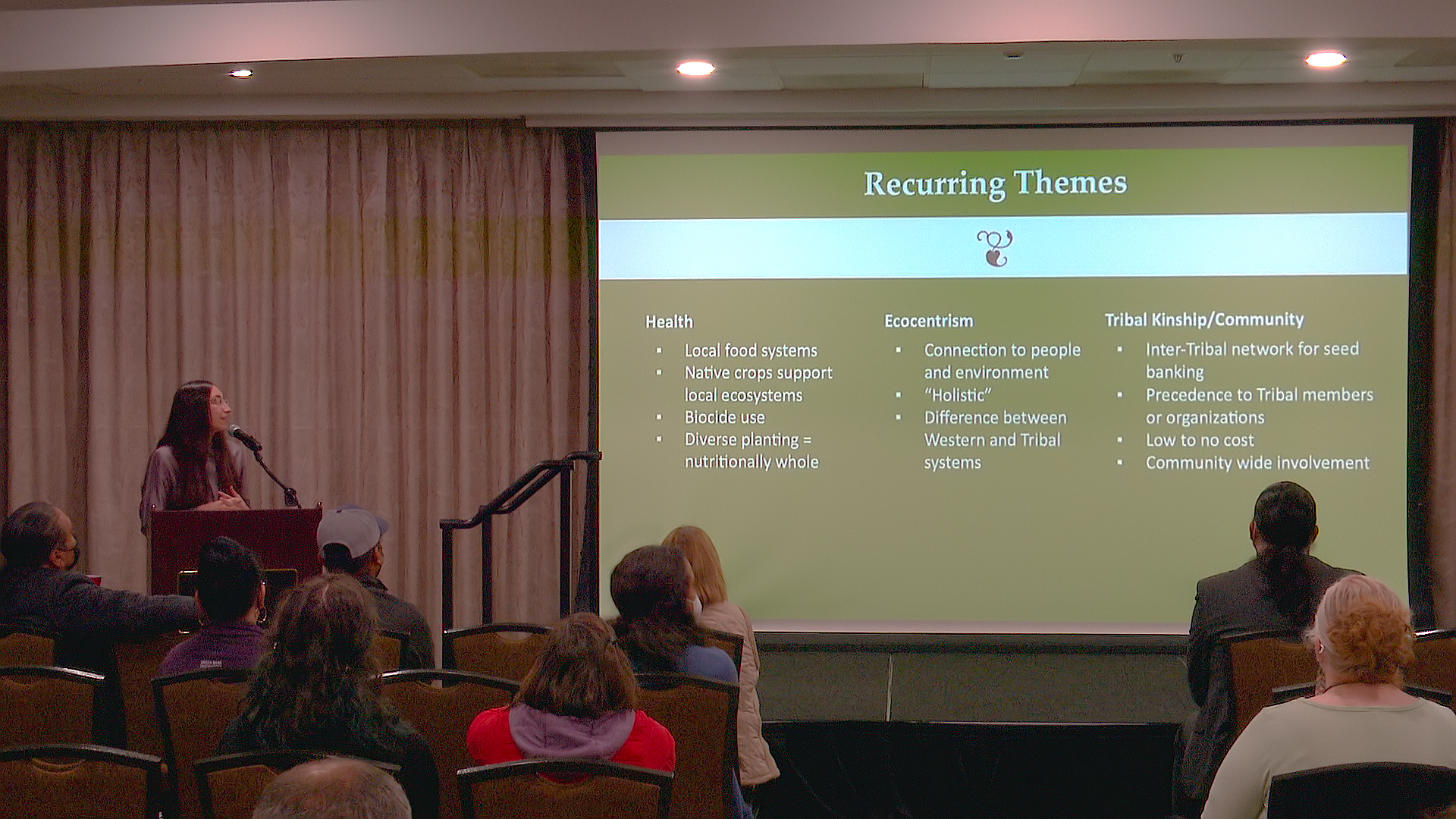
The Power of Seeds: Climate Change and Indigenous Knowledge in the South Central Region – Peyton Cavnar, South Central Climate Adaptation Science Center/ DGES, University of Oklahoma
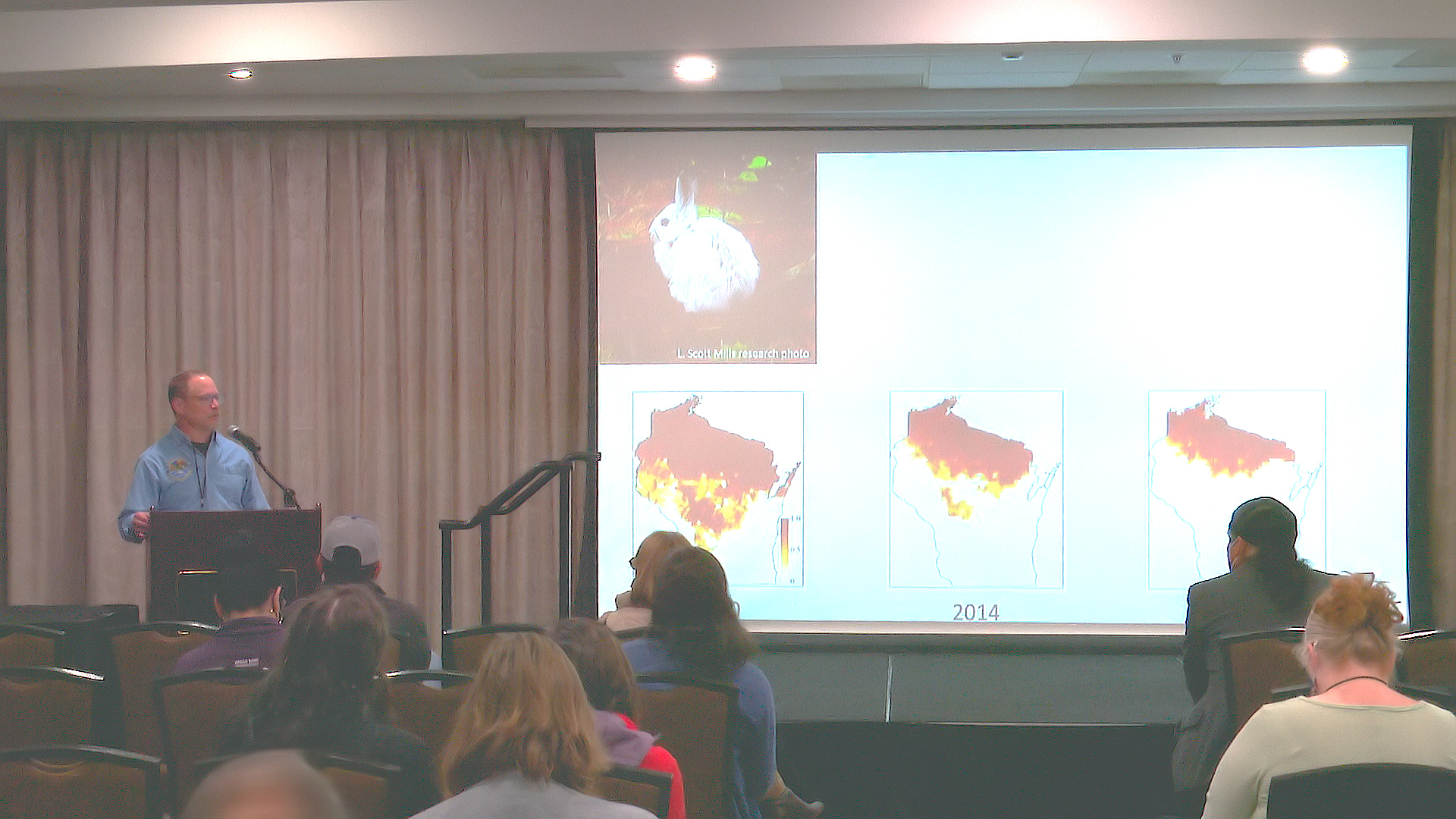
Climate Impacts of Plant and Animal Relatives in the Upper Midwest Ceded Territories – Rob Croll, Policy Analyst/Climate Change Program Coordinator, Great Lakes Indian Fish and Wildlife Commission.
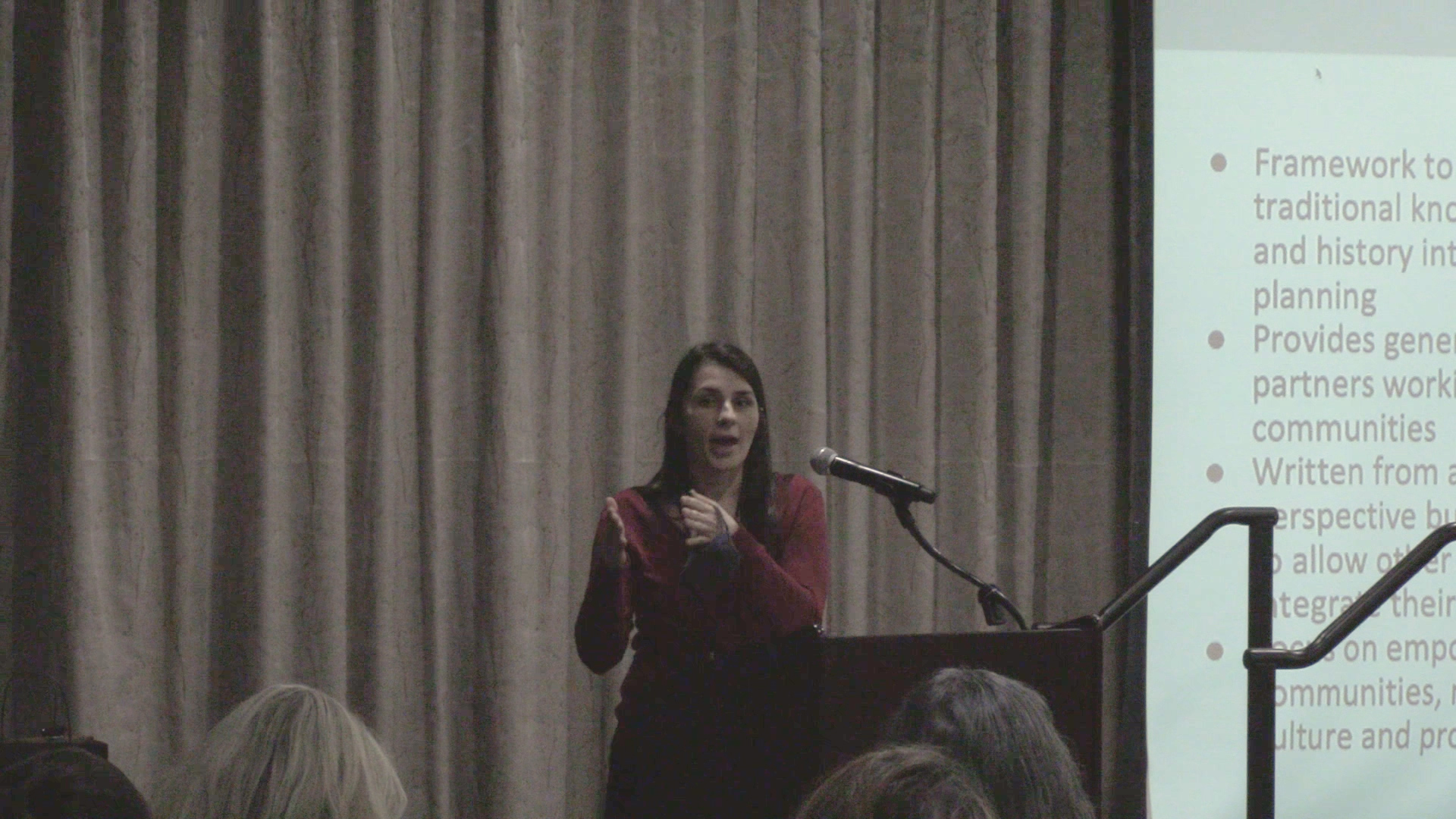
Dibaginjigaadeg Anishinaabe Ezhitwaad: A Tribal Climate Adaptation Menu -Robin Clark, Postdoctoral Scholar/Research Associate, Michigan Technological University
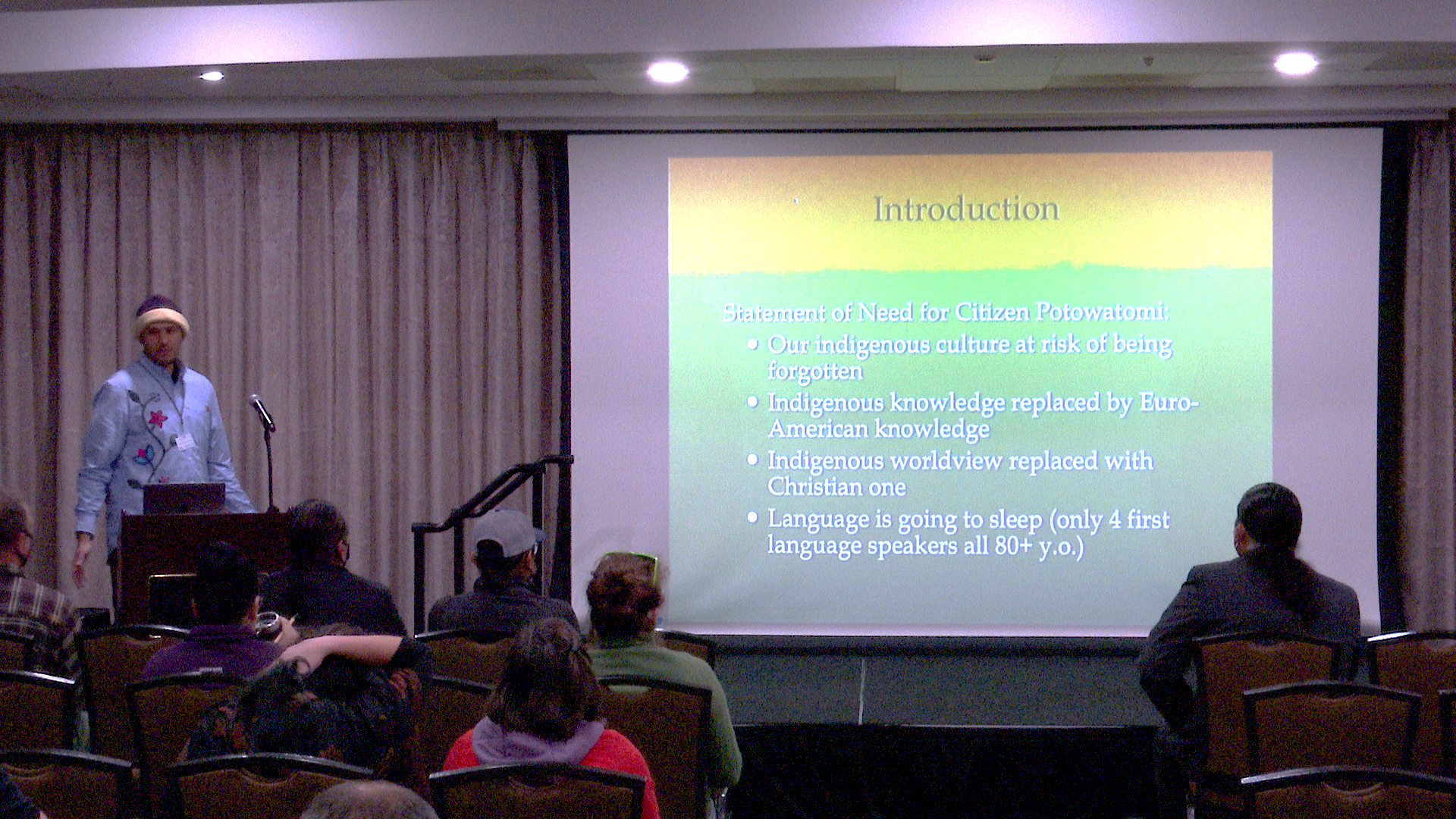
Biocultural Restoration Potential at Citizen Potawatomi Nation – Kaya DeerInWater, Shishibani Bodéwadmi
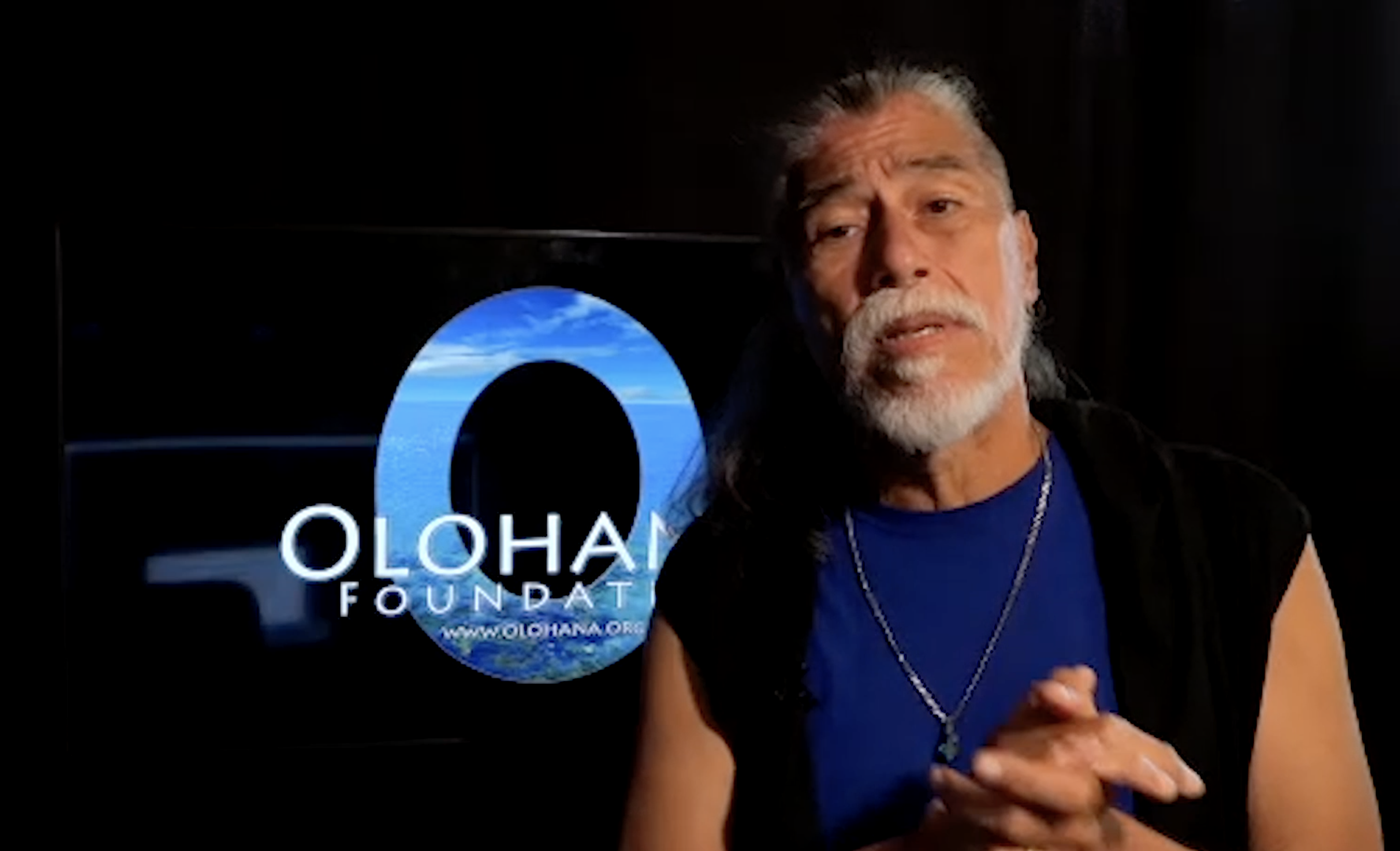
The Intergenerational Transfer: Knowledge, Place, Responsibility, Relationship. Community Capacity for Regenerative Sustainability. – Rev. M. Kalani Souza, University of Hawaii NDPTC National Disaster Preparedness Training Center, The Olohana Foundation.
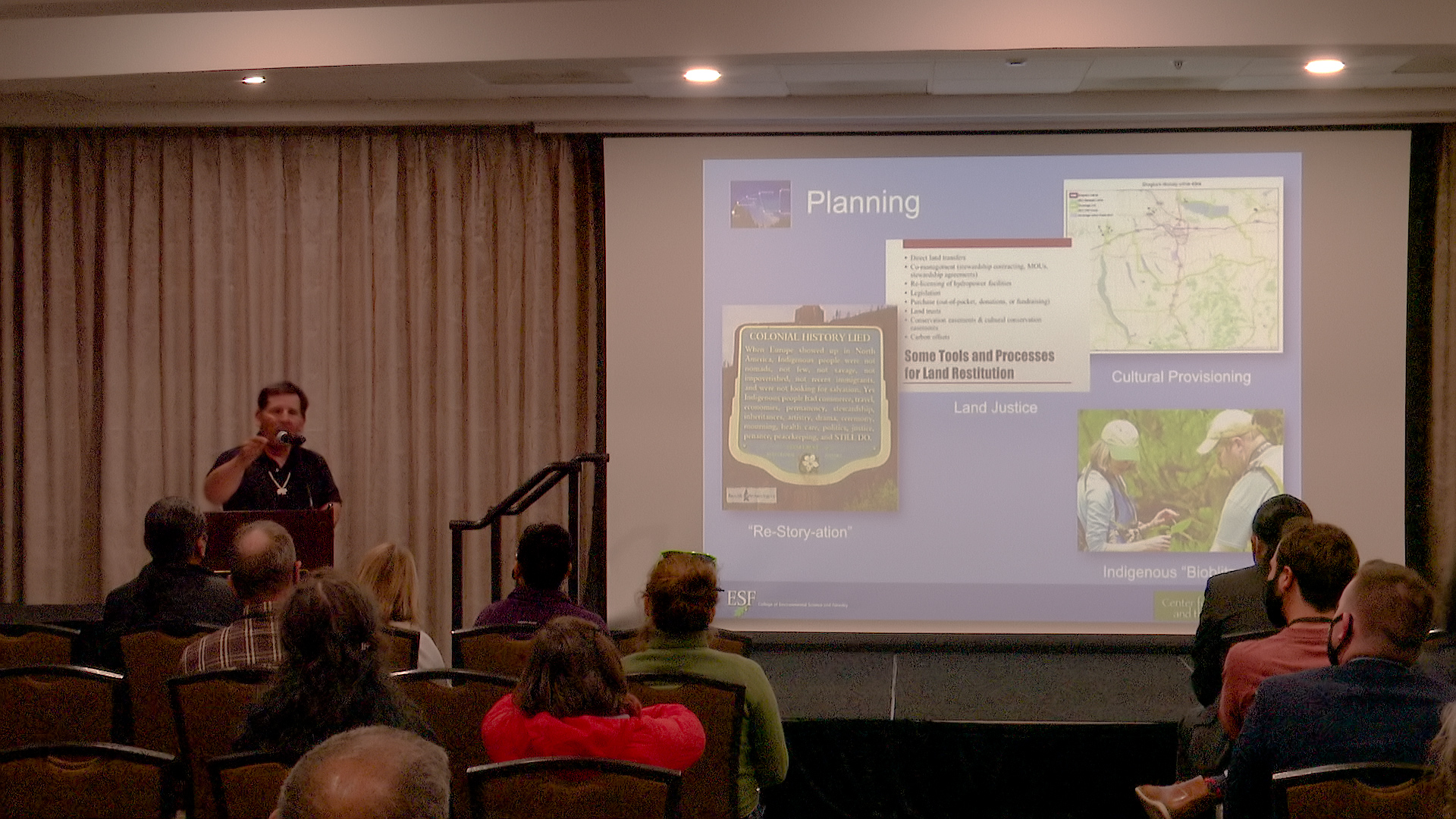
The Changing Climate of Indigenous Land Care – Neil Patterson Jr., Tuscarora, Center for Native Peoples and the Environment, State University of New York College of Environmental Science and Forestry
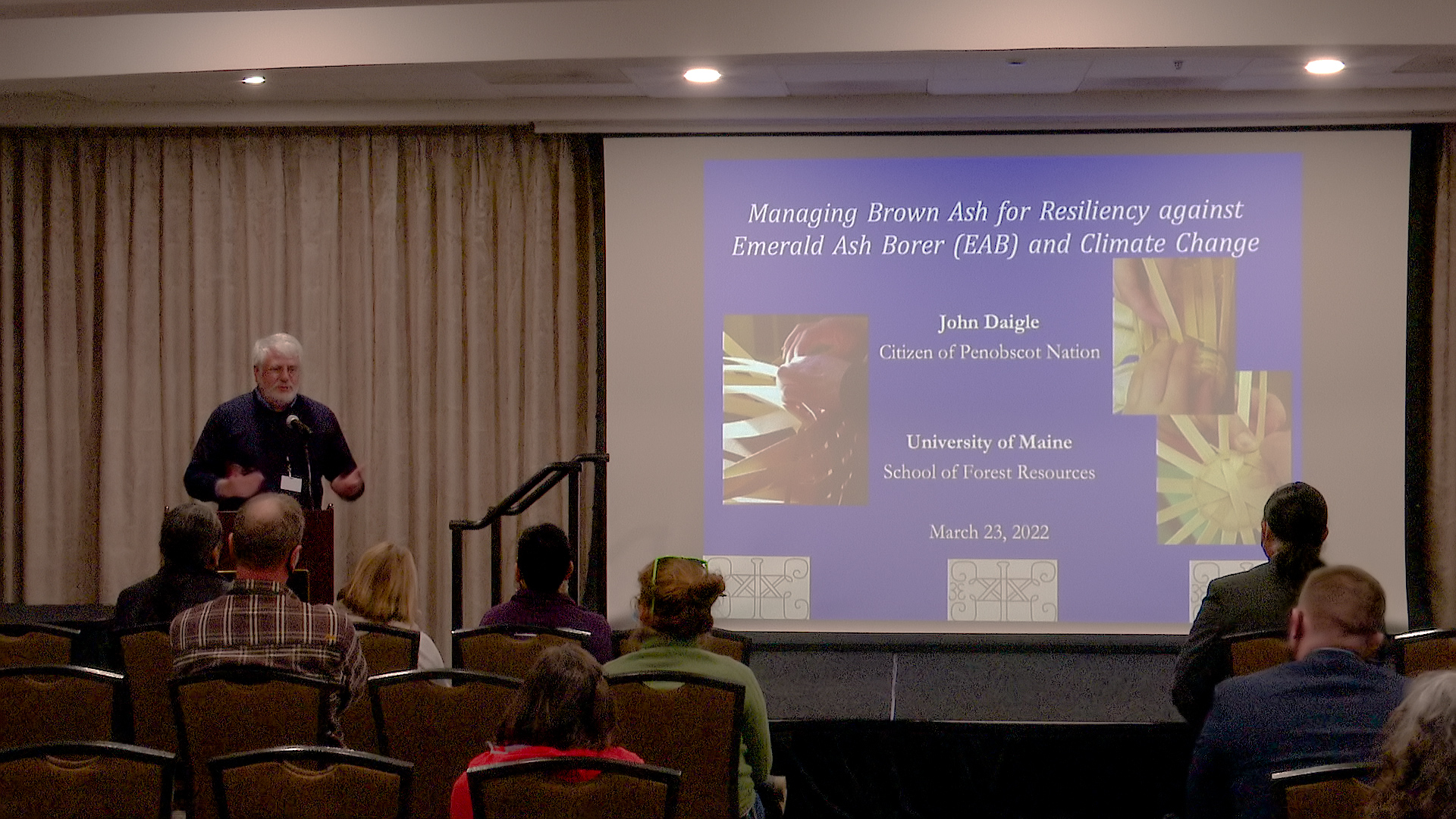
Managing Brown Ash for Resiliency against Emerald Ash Borer (EAB) and Climate Change – John J. Daigle, Citizen of Penobscot and Professor, School of Forest Resources, University of Maine
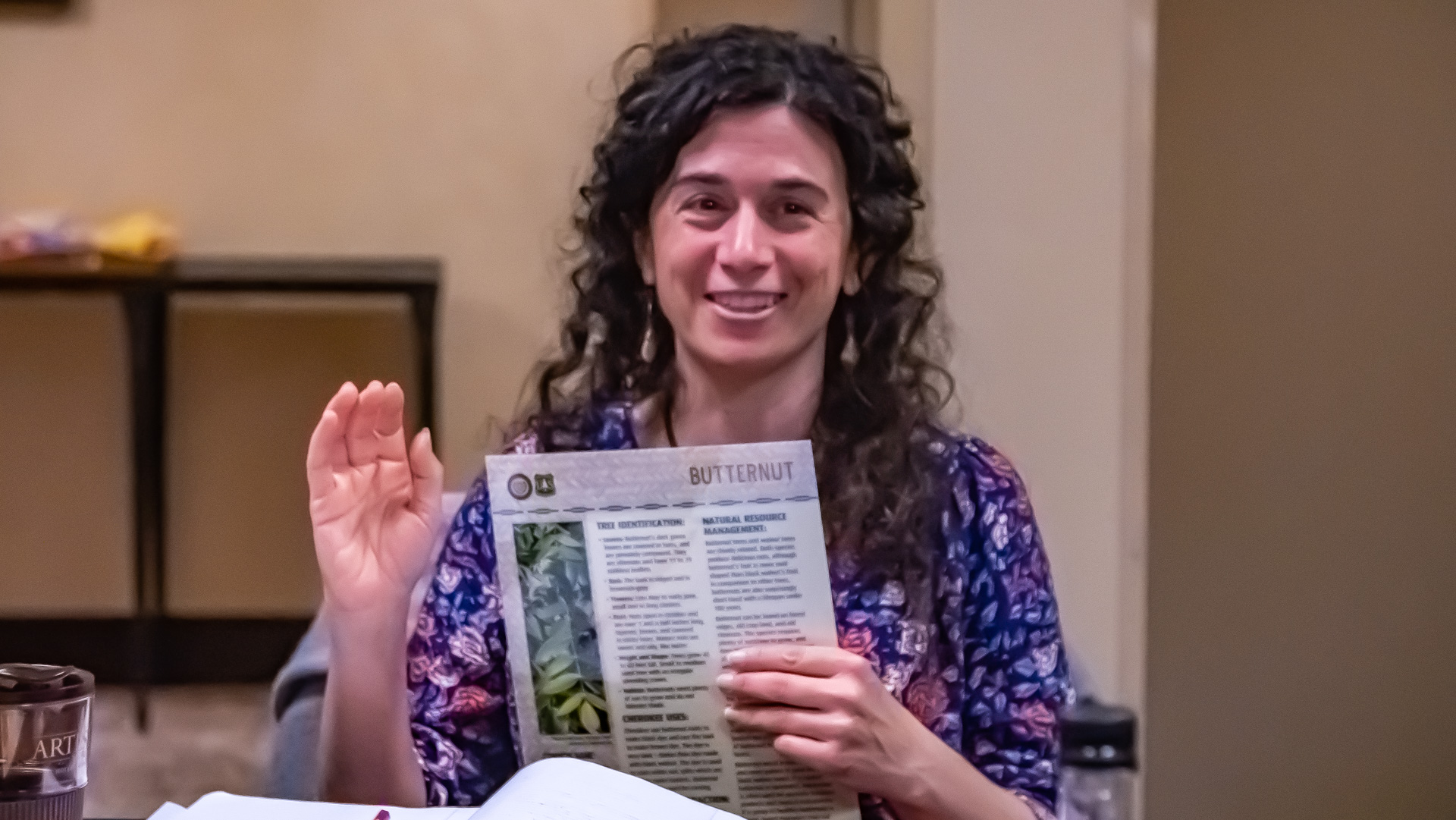
Southern Research Station Climate Products, Tools, and Research for Culturally Significant Plants – Michelle Baumflek, Research Biologist, USDA Forest Service.
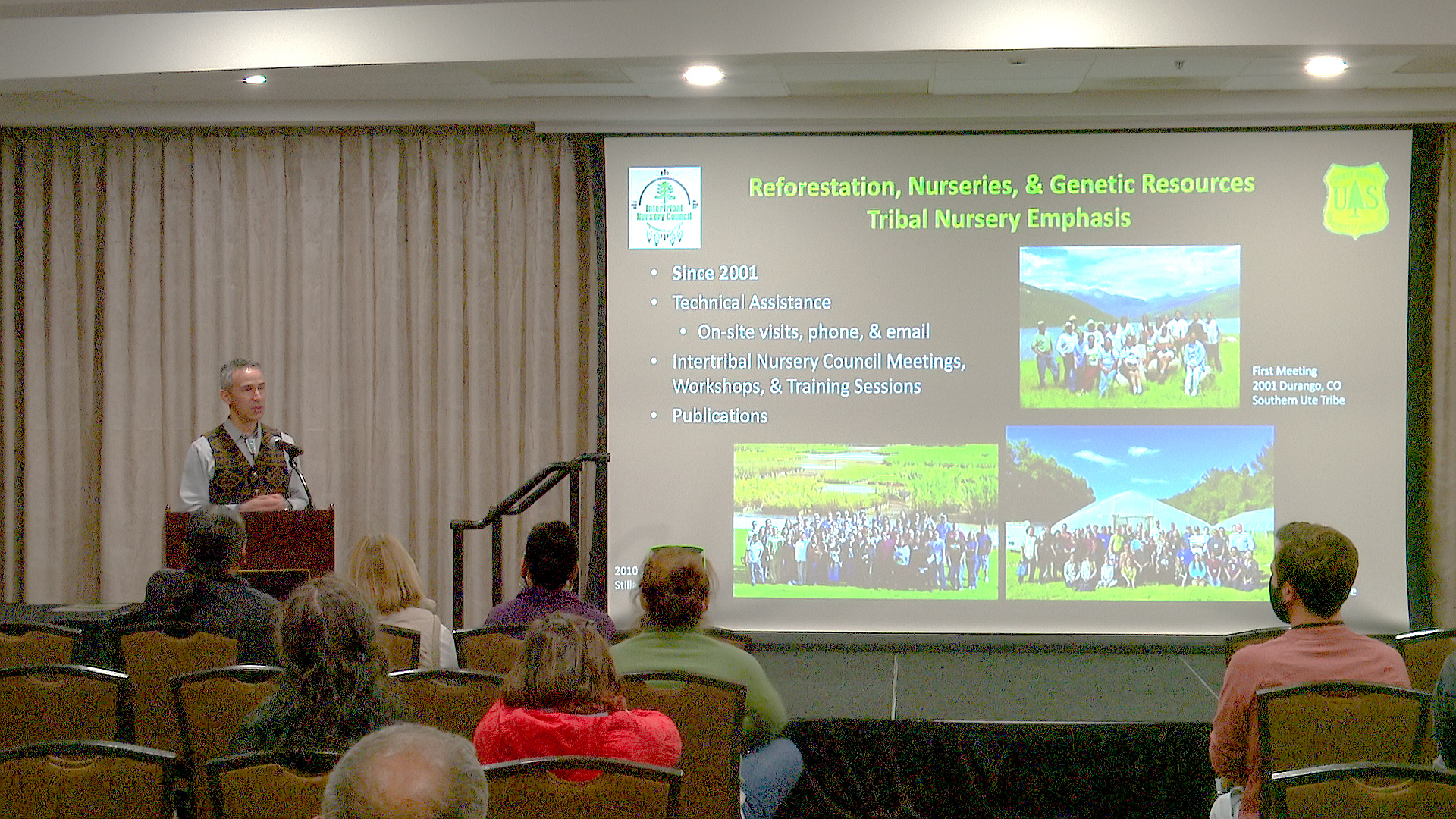
Growing Culturally Significant Plats in Nurseries: Challenges and Opportunities – Jeremy Pinto, Research Plant/Physiologist/Tribal Nursery Specialist, USDA Forest Service
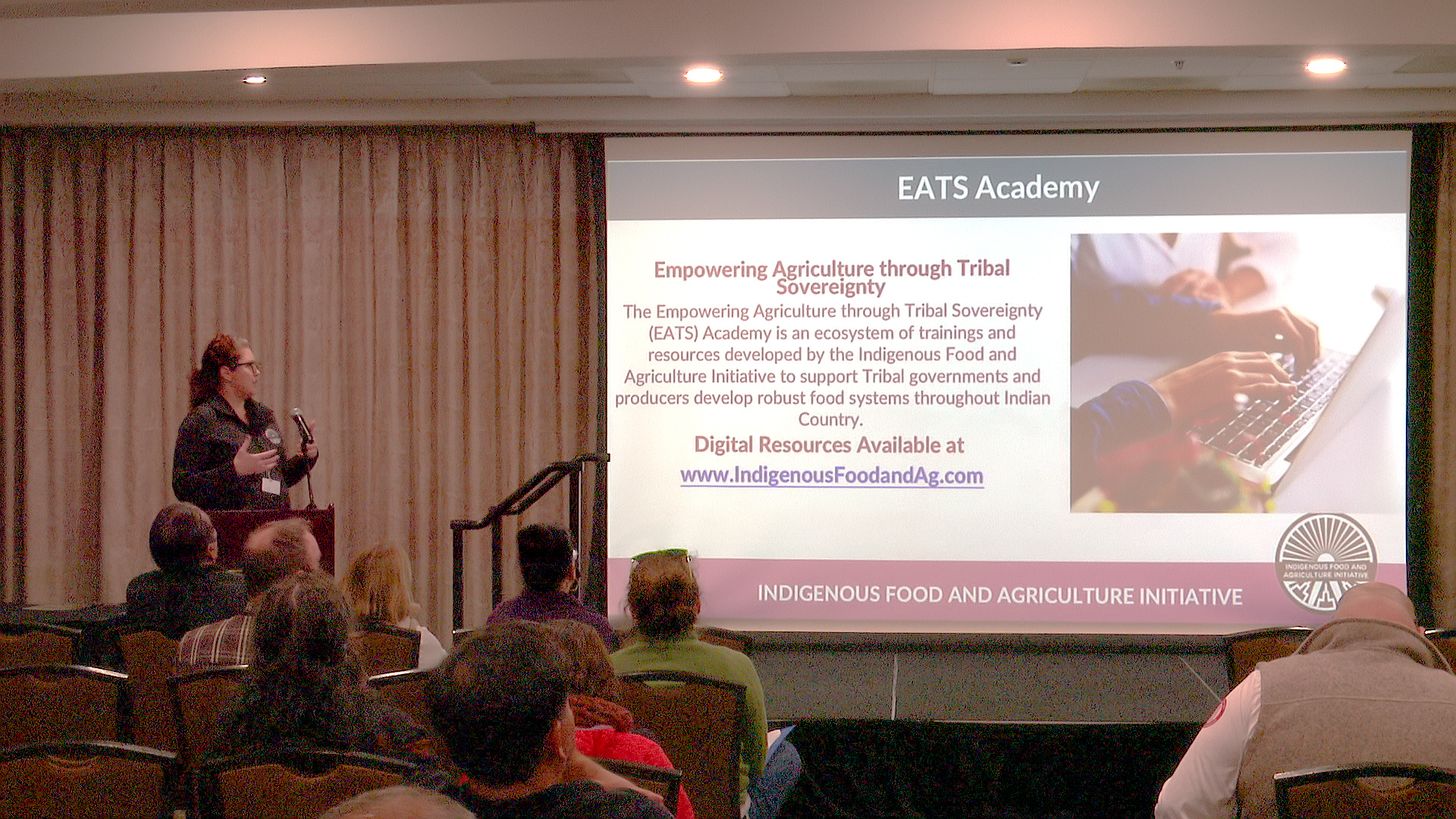
Empowering Agriculture through Tribal Sovereignty – Carly Griffith Hotvedt, JD/MPA (Cherokee Nation) Associate Director, Indigenous Food and Agriculture Initiative, University of Arkansas School of Law
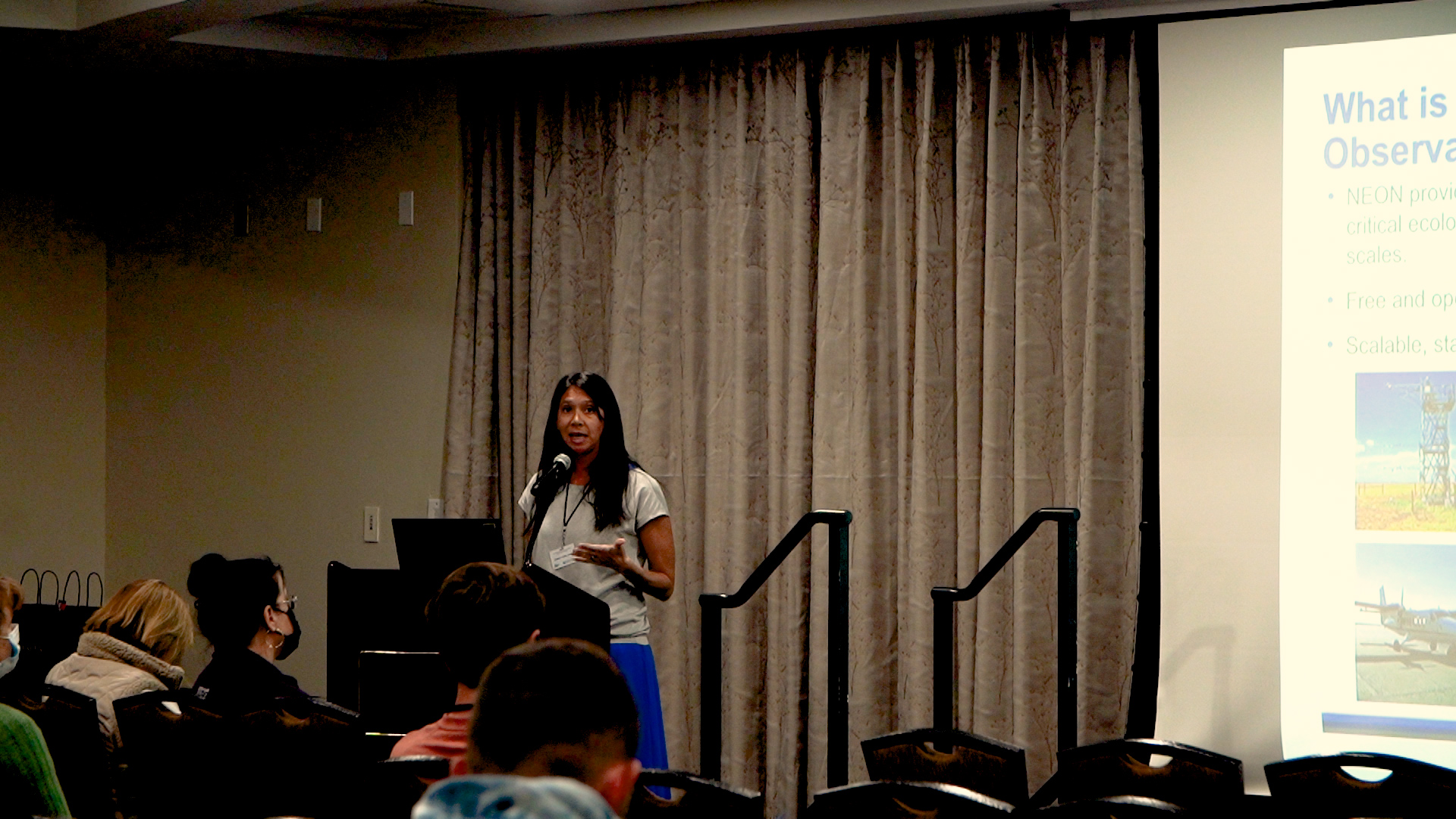
The NEON Observatory: An open data resource for tracking drivers and impacts of climate change on ecological communities – Katie Jones, Batelle, National Ecological Observatory Network (NEON)
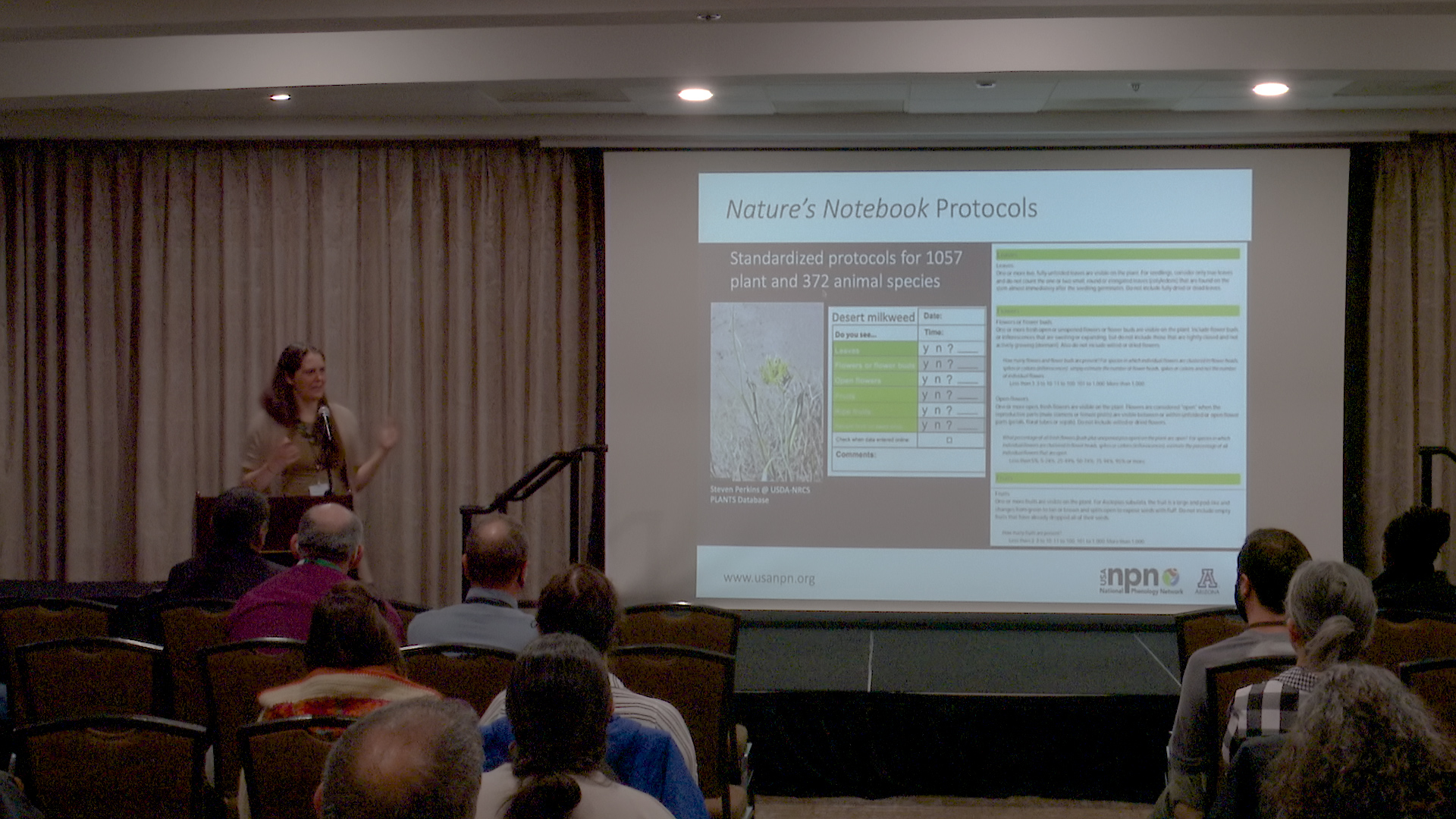
Shifting Seasons: Understanding Plant Response to Climate Change – Alyssa Rosemartin, USA National Phenology Network, University of Arizona
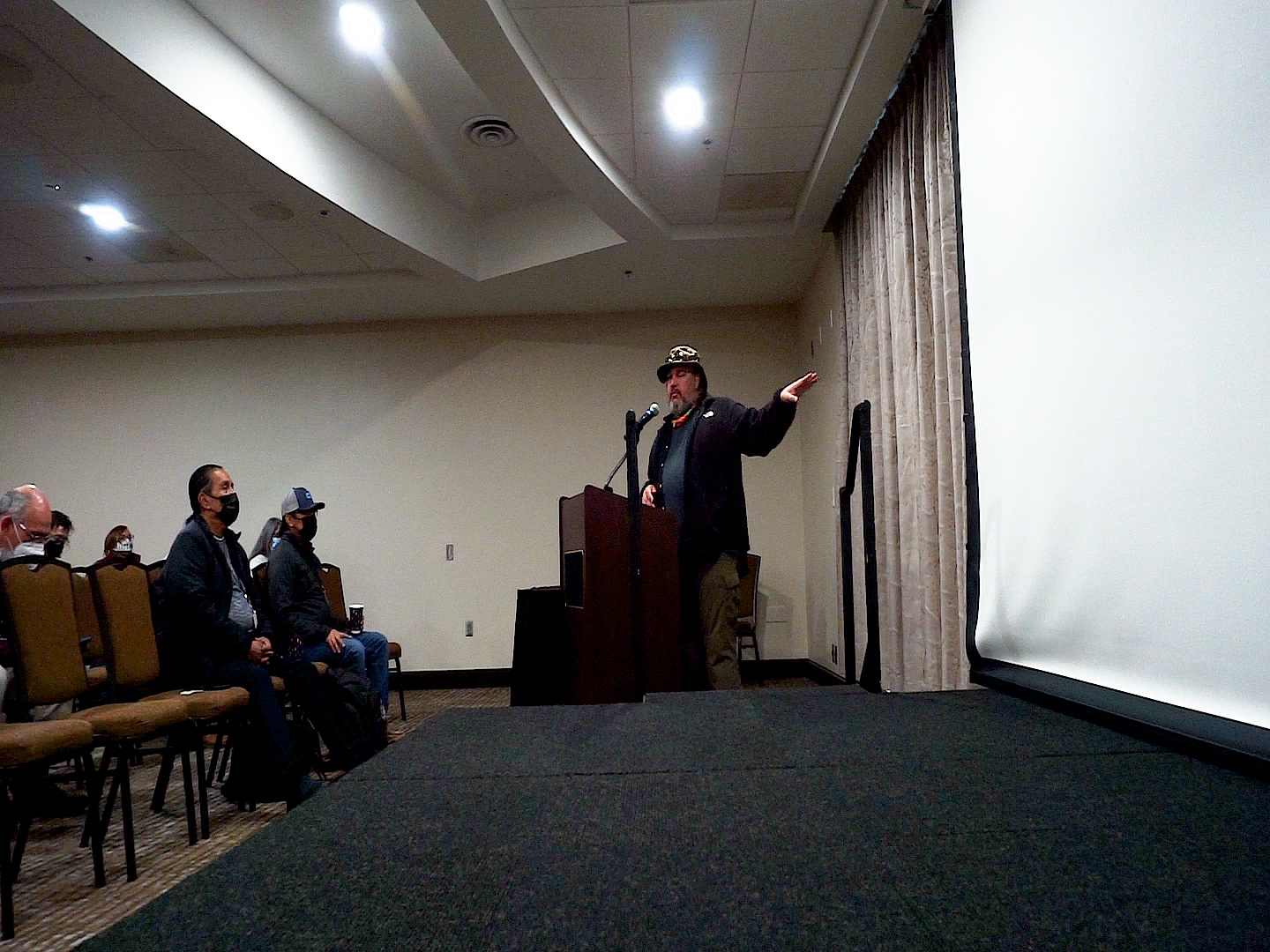
Climatic Impacts on Agriculture, Conservation Initiatives, and Assistance – Steven Bond, Intertribal Agriculture Council
This material is based upon work supported by The Department of Interior South Central Climate Adaptation Science Center, which is managed by the USGS National Climate Adaptation Science Center, under Grant No. G20AC00019. The views and conclusions contained in this website are those of the authors and should not be interpreted as representing the opinions or policies of the U.S. Geological Survey. Mention of trade names or commercial products does not constitute their endorsement by the Climate Adaptation Science Centers or the US Geological Survey.
